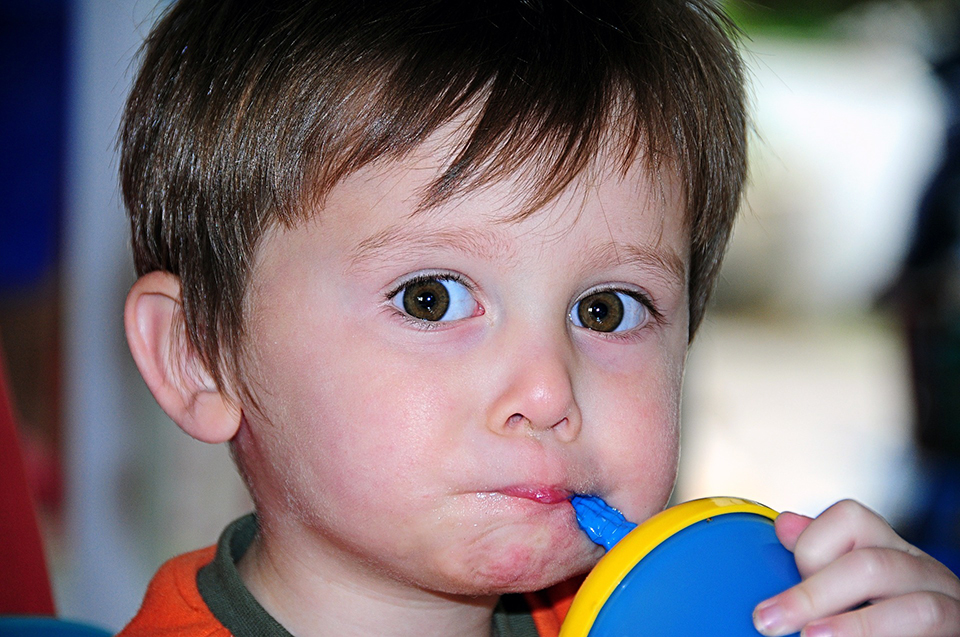Feeding Evaluation Overview


Your child has been referred for a feeding evaluation: now what? We are here to help! We are going to break down the feeding evaluation so you and your child know exactly what to expect when you arrive at the clinic.
First, the evaluating therapist will send you some paperwork related to medical history and your feeding concerns. Please complete and return this paperwork to the therapist or front office prior to arrival. The therapist may call you to discuss additional concerns prior to the evaluation to make sure she has a full picture of your child’s needs.
The evaluation will be broken into three main parts:
- Case history
- Oral mechanism examination
- Feeding observations
First, the therapist will review the completed paperwork and ask any additional questions related to your child’s health and feeding skills. If you child is experiencing picky eating, it is also helpful to review what foods your child typically eats. Feel free to start thinking about this list of preferred foods. You may also want to keep a food journal of everything your child eats for three days prior to the evaluation.
Next, the evaluating clinician will perform an oral mechanism examination on your child. She will have your child copy her “silly faces” by doing exercises like sticking out his or her tongue. The clinician will be examining the structures required for eating and drinking to assess range of motion, strength, coordination, and any abnormalities.
Finally, we will watch your child eat and drink. Please bring in a variety of preferred and non-preferred foods. The therapist will observe your child eating, before trialing some therapy strategies. The therapist will also want to watch you feeding and interacting with your child while he is eating, to better support the whole family during mealtimes.
The therapist will review the findings from the evaluation and make recommendations for therapy and any additional referrals. The therapist may recommend consulting with additional doctors like your pediatrician, gastroenterologist or ENT, a swallow study at the hospital, a nutrition assessment, and/or an occupational therapy evaluation. We look forward to seeing you at your feeding therapy evaluation!
What to bring to the evaluation:
- Completed medical history paperwork, if not already sent back to therapist
- Preferred foods
- Non-preferred or new foods
- A drink – in the cup your child typically uses
- Any “must have” utensils or plates/placemats that your child uses
- A 3-day food journal of what your child ate

Eyas Landing is a therapy clinic with a mission to provide evidence-based and family-centered therapy services for children, adolescents, and their families. The primary goal is to deliver relationship-based interventions within the most natural environments and to empower families to reach their full potential. To achieve this goal, our highly educated, compassionate staff dedicates time and expertise to create experiences that maximize therapeutic outcomes. The strength, determination, and perseverance of our clients are evident as they succeed in therapy, and ultimately in their daily lives.
Eyas Landing offers a wide range of comprehensive services including Speech Therapy, Occupational Therapy, Physical Therapy, ABA Therapy, Social Work, Family Therapy, and Neuropsych testing. Services are provided throughout the Chicagoland area via Telehealth, In-Home, and in our state of the art clinic.
Want to learn more or you have a specific question? Feel free to connect with us here!



